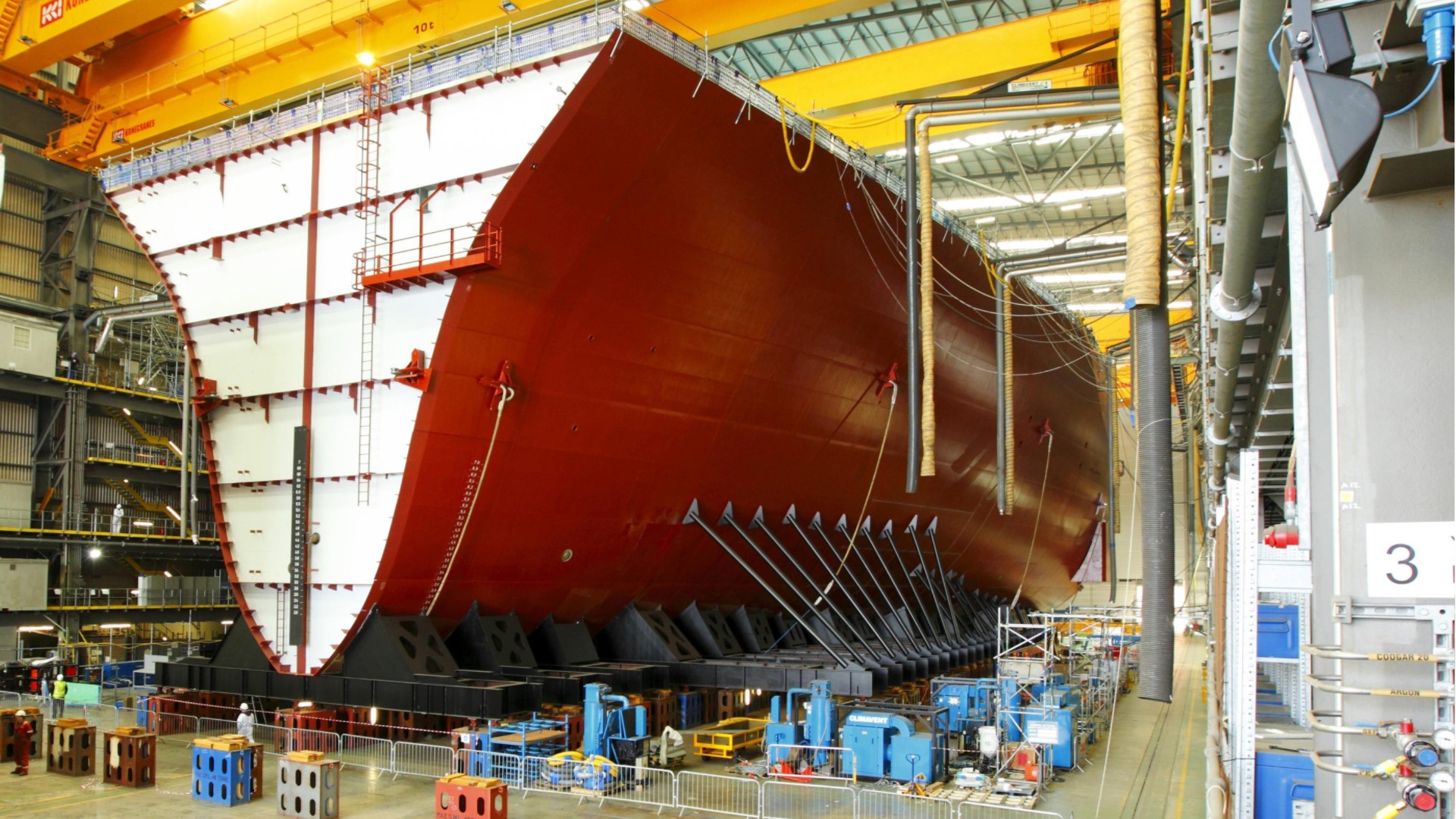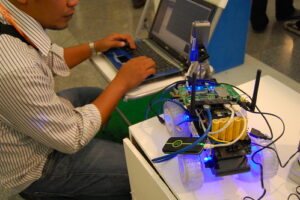Top 20 Marine Engineer Fresher Interview Questions
Table of Contents
Top 20 Marine Engineer Fresher Interview Questions
1. Can you explain the basic responsibilities of a marine engineer?
Example – “As a marine engineer, your primary responsibilities include designing, maintaining, and repairing various marine systems, such as engines, navigation equipment, and safety devices. You’ll also ensure that the vessel complies with safety and environmental regulations.”
2. What are the different types of marine engines, and how do they work?
Example – “There are several types of marine engines, including diesel, steam, and gas turbine engines. Diesel engines are the most common and work by compressing air and fuel, which then ignites to generate power.”
3. How do you ensure the safety of a ship’s crew and cargo?
Example – “Safety is paramount in maritime engineering. You must conduct regular inspections, adhere to safety protocols, and maintain safety equipment to protect both the crew and cargo. Regular safety drills and training are also essential.”
4. What is the significance of ballast systems on a ship, and how do they work?
Example – “Ballast systems help stabilize a ship by adjusting its weight distribution. By adding or removing ballast water, the ship’s draft can be controlled, ensuring stability and preventing accidents.”
5. Describe the process of maintaining marine engines?
Example – “Marine engine maintenance involves routine checks, cleaning, lubrication, and parts replacement as needed. Regular maintenance ensures optimal performance and extends the engine’s lifespan.”
6. Can you explain the concept of propulsion in marine engineering?
Example – “Propulsion is the process of moving a vessel through water. It’s achieved by generating thrust, often through the use of propellers, which convert engine power into forward motion.”
7. What role does automation play in modern maritime engineering?
Example – “Automation has revolutionized maritime engineering by enhancing efficiency and safety. It includes automated navigation systems, engine controls, and monitoring equipment.”
8. How do you troubleshoot common engine problems on a ship?
Example – “Troubleshooting involves identifying and rectifying engine issues. It requires a systematic approach, including diagnostics, inspection, and following maintenance manuals.”
9. What environmental regulations should a marine engineer be aware of?
Example – “Marine engineers must be well-versed in environmental regulations, such as MARPOL, which governs pollution prevention in the maritime industry. Compliance is vital to protect marine ecosystems.”
10. Explain the importance of teamwork in a maritime engineering setting?
Example – “Teamwork is essential for smooth operations on a ship. Marine engineers collaborate with various crew members to ensure the vessel’s safe navigation and maintenance.”
11. How do you stay updated with the latest advancements in marine engineering technology?
Example – “Staying updated is crucial in this field. Marine engineers attend seminars, read industry publications, and engage in continuous learning to keep up with technological advancements.”
12. Can you discuss the challenges of working in remote maritime locations?
Example – “Working in remote areas can be isolating and demanding. Marine engineers must adapt to challenging conditions and maintain their focus on the job.”
13. Describe a situation where you had to make a quick decision under pressure?
Example – “Quick decision-making is often required in maritime emergencies. Provide an example of a situation where your ability to think on your feet made a difference.”
14. What are the key skills every marine engineer should possess?
Example – “Key skills include technical expertise, problem-solving abilities, adaptability, and effective communication, both within the team and with shore-based personnel.”
15. How do you handle routine maintenance during a voyage?
Example – “Handling maintenance at sea is challenging. Discuss your approach to managing routine tasks while ensuring the vessel’s safety and efficiency.”
16. Explain the concept of marine propulsion efficiency?
Example – “Propulsion efficiency is a critical aspect of marine engineering. Describe how you optimize propulsion systems to enhance fuel efficiency.”
17. Can you provide an example of a successful project you’ve worked on as a marine engineer?
Example – “Highlight a project where you played a significant role and discuss the challenges you faced, your contributions, and the final outcomes.”
18. What are the potential career paths for marine engineers?
Example – “Marine engineers can pursue careers in various sectors, including ship design, offshore drilling, research, and academia. Share your career aspirations.”
19. How do you prioritize tasks when multiple issues arise on a ship?
Example – “Prioritization is essential for efficient problem-solving. Explain your method for assessing and addressing multiple issues simultaneously.”
20. What advice would you give to aspiring marine engineers?
Example – “Offer valuable advice to those aspiring to enter the field, emphasizing the importance of dedication, continuous learning, and perseverance.
Now that you’re well-prepared to tackle your marine engineer fresher interview, remember to showcase your passion for the industry, your commitment to safety, and your technical expertise.”




